Jawaharlal Nehru, India’s first prime minister, is popularly hailed as the most liberal and visionary of Indian leaders since Independence. Granted that this narrative has been created by a coterie revolving around the Gandhi family, but nevertheless, such a narrative is a reality.
There are numerous anecdotes and events from Jawaharlal Nehru’s life that are unknown to people. They’ve been kept hidden by the media and historians to ensure that the aura around Nehru remains impregnable. The Congress party who’s ruled for an overwhelming period of time has portrayed Nehru as a man who could do no wrong, which is understandable. However, in the last few years, this deep-set and glorified narrative is being broken down piece by piece based on facts. So, let’s bring down another little piece, shall we?
Here’s recalling a tale from an era long gone by. This one reveals Jawaharlal Nehru’s apathy for Sardar Patel that may well have bordered on silent hatred. This anecdote is from Verghese Kurien’s memoirs ‘I Too Had A Dream ’.
Maniben Patel, Sardar Patel’s daughter, was a woman of tremendous honesty and loyalty. She told me that when Sardar Patel passed way, she picked up a book and a bag that belonged to him and went to meet Jawaharlal Nehru in Delhi. She handed them to Nehru, telling him that her father had instructed her that when he died, she should give these items to Nehru and no one else. The bag contained Rs 35 Lakh that belonged to the Congress Party and the book was the party’s book of accounts. Nehru took them and thanked her. Maniben waited expectantly, hoping he would say something more, but he did not, so she got up and left.
I asked her what she had expected Nehru to say to her. “I thought he might ask me how I would manage now, or at least ask if there was anything he could do to help me. But he never asked,” she explained. She was extremely disheartened and in a way the incident revealed the strain in the Nehru-Patel relationship. It was quite distressing to see that neither Nehru nor any of the other national leaders of the Congress ever bothered to find out what happened to Maniben after her father died.
Congress has never respected Sardar nor given his legacy any recognition. Despite the fact that he himself was a staunch Congressman, the family has found it apt to bury his deeds for had people known of Sardar the way they should’ve then it would’ve hurt the glory of the Gandhi family. This glory that’s been manufactured through selective amnesia is what helped the Congress rule the nation for many decades.
Here’s another small anecdote from the same source that talks of how Maniben was left to herself in her old age and all that Congress leaders cared for was their ephemeral publicity.
After all the sacrifices that Sardar Patel made for the nation, it was very sad that the nation did nothing for his daughter. In her later years, when her eyesight weakened, she would walk unaided down the streets of Ahmedabad, often stumble and fall until some passer-by helped her up. When she was dying, the Chief Minister of Gujarat, Chimanbhai Patel, came to her bedside with a photographer. He stood behind her bed and instructed him to take a picture. The photograph was published in all the newspapers the next day. With a little effort, they could so easily have made her last years comfortable.
If any Congress leader claims that the party respects Sardar Patel then he or she is lying through their teeth. Congress leaders and workers have and will remain subservient to only one family. And in the process to glorify this corrupt and power-hungry family they go to any extent, even belittling stalwarts of their own party.

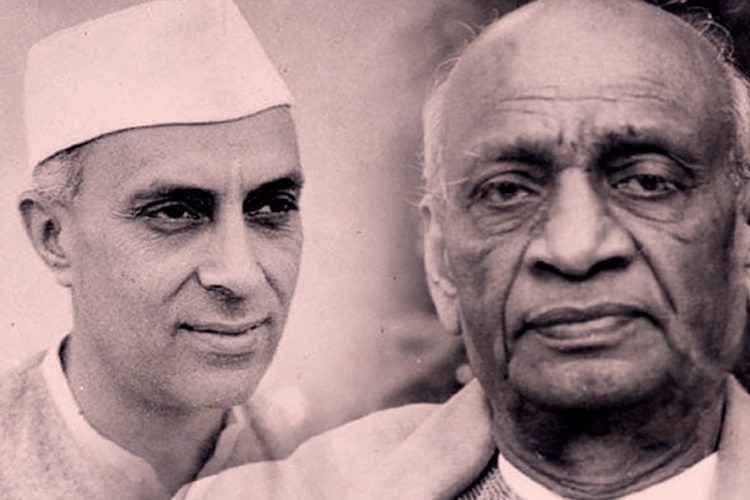
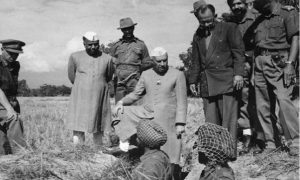

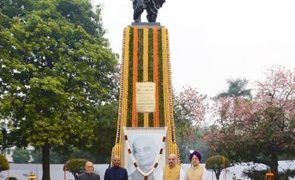



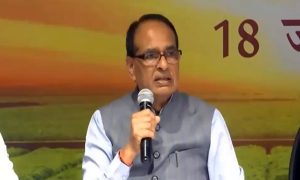



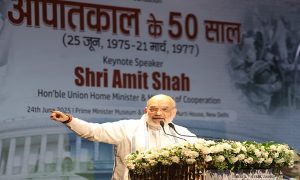











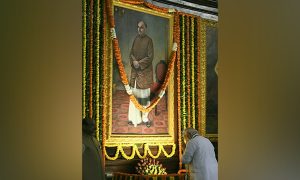



 WhatsApp us
WhatsApp us